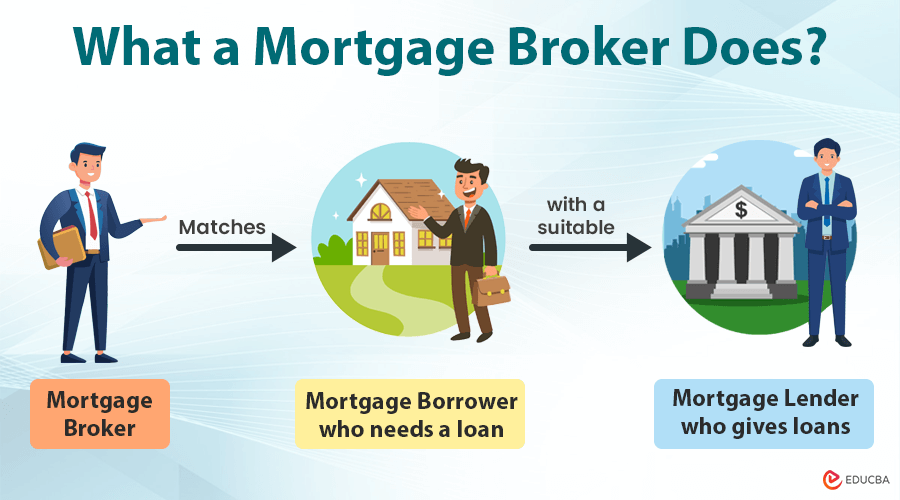Benefits of a Jumbo Loan for Deluxe Property Purchases
Benefits of a Jumbo Loan for Deluxe Property Purchases
Blog Article
Recognizing What a Jumbo Finance Entails and Exactly How It Differs From Conventional Loans
Navigating the ins and outs of big car loans exposes a funding choice customized for those venturing right into high-value realty, generally going beyond the limits established by the Federal Real Estate Finance Firm. On the other hand, standard lendings are often extra obtainable, taking advantage of support by entities such as Fannie Mae and Freddie Mac. The significant risk associated with big fundings necessitates a lot more rigorous certification demands, consisting of higher credit report and considerable down settlements. As these 2 lending kinds deal with differing economic landscapes, comprehending their nuances is important for making educated decisions in the complicated globe of realty financing. Exactly how do you determine which course finest fits your monetary approach?
Interpretation of Jumbo Car Loans
Jumbo fundings are a type of home loan that exceed the adjusting funding limits established by the Federal Housing Finance Company (FHFA) These car loans provide to customers that need to fund residential or commercial properties that are extra costly than what standard car loan limitations enable. The FHFA develops yearly adhering funding limitations, and any type of loan exceeding these limits is categorized as a jumbo loan.
Generally, big fundings are made use of in high-cost actual estate markets where home rates substantially surpass national averages, such as in municipal areas or deluxe real estate markets. As these financings are not qualified for purchase by Fannie Mae or Freddie Mac, they bring integral threats for loan providers due to their bigger size and non-conformity (jumbo loan). Loan providers commonly enforce more rigid qualification requirements for jumbo fundings than standard conforming financings.
Consumers seeking big finances should typically demonstrate a strong financial profile, including a greater credit rating, robust earnings confirmation, and significant down payment, commonly 20% or more. Furthermore, loan providers might need more comprehensive documents to evaluate the debtor's capability to manage bigger month-to-month payments. Understanding the specific characteristics of jumbo car loans is vital for potential borrowers navigating this segment of the mortgage market.
Traditional Car Loans Overview
While jumbo financings satisfy high-value residential or commercial property financing, conventional lendings stand for the more typical home loan option in the housing market. These lendings are not guaranteed or guaranteed by any kind of federal government entity, such as the Federal Real Estate Management (FHA) or the Department of Veterans Affairs (VA) Rather, they are backed by private loan providers and comply with guidelines established by government-sponsored ventures (GSEs) like Fannie Mae and Freddie Mac.
Standard car loans are typically supplied with dealt with or adjustable rates of interest and differ in terms of duration, generally extending 15 to three decades. Consumers usually favor traditional car loans for their foreseeable regular monthly settlements, which can facilitate long-lasting economic preparation. In addition, they are readily available for primary houses, second homes, and investment buildings, using flexibility to fulfill varied customer demands.

Key Differences In Between Car Loans
At the forefront of this decision-making process are big loans and standard fundings, each possessing distinctive attributes and offering various consumer needs. Jumbo lendings exceed the adhering finance her latest blog limitations set by the Federal Real Estate Finance Company (FHFA), which vary by area.

Additionally, the down repayment demands can vary considerably. Big car loans normally call for larger down payments, often surpassing 20%, to minimize risk. Standard finances, alternatively, may enable for reduced down payments, with some programs accepting as low as 3% for competent buyers.
Credentials Requirements
Protecting a big funding involves satisfying more rigorous credentials needs compared to traditional financings, showing the increased risk to lenders. These loans, which go beyond the adjusting financing limitations set by the Federal Housing Money Firm (FHFA), are not qualified for acquisition by Freddie Mac or Fannie Mae, therefore subjecting lenders to higher monetary danger - jumbo loan. Because of this, customers should show a high creditworthiness and financial security
A durable credit rating, generally 700 or greater, is critical for approval. Lenders likewise expect a reduced debt-to-income (DTI) ratio, usually not exceeding 43%, making sure that borrowers can handle substantial regular monthly repayments together with other financial commitments. A significant cash money get is usually called for, frequently amounting to six months of home mortgage payments, to reassure lending institutions of the customer's economic strength.
Down repayment expectations are also raised, regularly beginning at 20% or more of the home's worth. While this is a safeguard for loan providers, it requires considerable upfront funding from debtors. In addition, proof of regular, sufficient income is crucial, typically validated via tax obligation returns, W-2s, and current pay stubs. Self-employed individuals might need to offer more documents, such as earnings and loss declarations, to corroborate their earnings stability.
Choosing the Right Financing
When choosing the most suitable funding alternative,Browsing the complexity of jumbo lendings requires careful factor to consider. With the broader series of options available to those looking for jumbo lendings, the decision-making procedure needs to entail a thorough analysis of one's monetary profile and long-lasting goals. Unlike standard car loans, big financings typically feature stricter demands and varied rate of interest, which demand complete research study and a clear understanding of one's economic standing.
When choosing in between various big financing offerings, it is necessary to examine the financing terms, including rate of interest, a fantastic read repayment timetables, and linked fees. Borrowers need to contrast the rates supplied by various lending institutions to guarantee they secure one of the most favorable terms. In addition, recognizing the ramifications of fixed versus variable-rate mortgages (ARMs) is important, as each choice offers unique advantages and risks relying on market conditions and individual monetary strategies.
Involving with a financial consultant or home loan broker can provide valuable understandings customized to private scenarios. These professionals can help in navigating the subtleties of jumbo lendings, making sure that borrowers are knowledgeable and equipped to choose a finance that lines up with their financial goals, eventually promoting a smoother home-buying procedure.
Verdict
In summary, big finances work as a monetary tool for getting high-value buildings, necessitating stringent eligibility demands and greater passion prices because of the raised threat for lending institutions. Unlike standard fundings, which comply with FHFA limits and may receive support from Fannie Mae or Freddie Mac, big finances call for a minimal credit rating of 700 and considerable deposits. Understanding these differences is vital for customers in high-cost genuine estate markets to figure out the most appropriate funding option for their needs.
The FHFA develops annual adapting lending limits, and any funding surpassing these thresholds is identified as a big funding.
At the forefront this content of this decision-making procedure are big car loans and standard financings, each having distinctive characteristics and serving various borrower needs.Protecting a jumbo finance entails fulfilling a lot more stringent certification requirements contrasted to traditional lendings, mirroring the boosted risk to lending institutions. Unlike conventional loans, big financings often come with more stringent requirements and varied interest rates, which demand thorough study and a clear understanding of one's economic standing.
Unlike traditional lendings, which adjust to FHFA limitations and might receive backing from Fannie Mae or Freddie Mac, big car loans need a minimal debt score of 700 and significant down payments.
Report this page